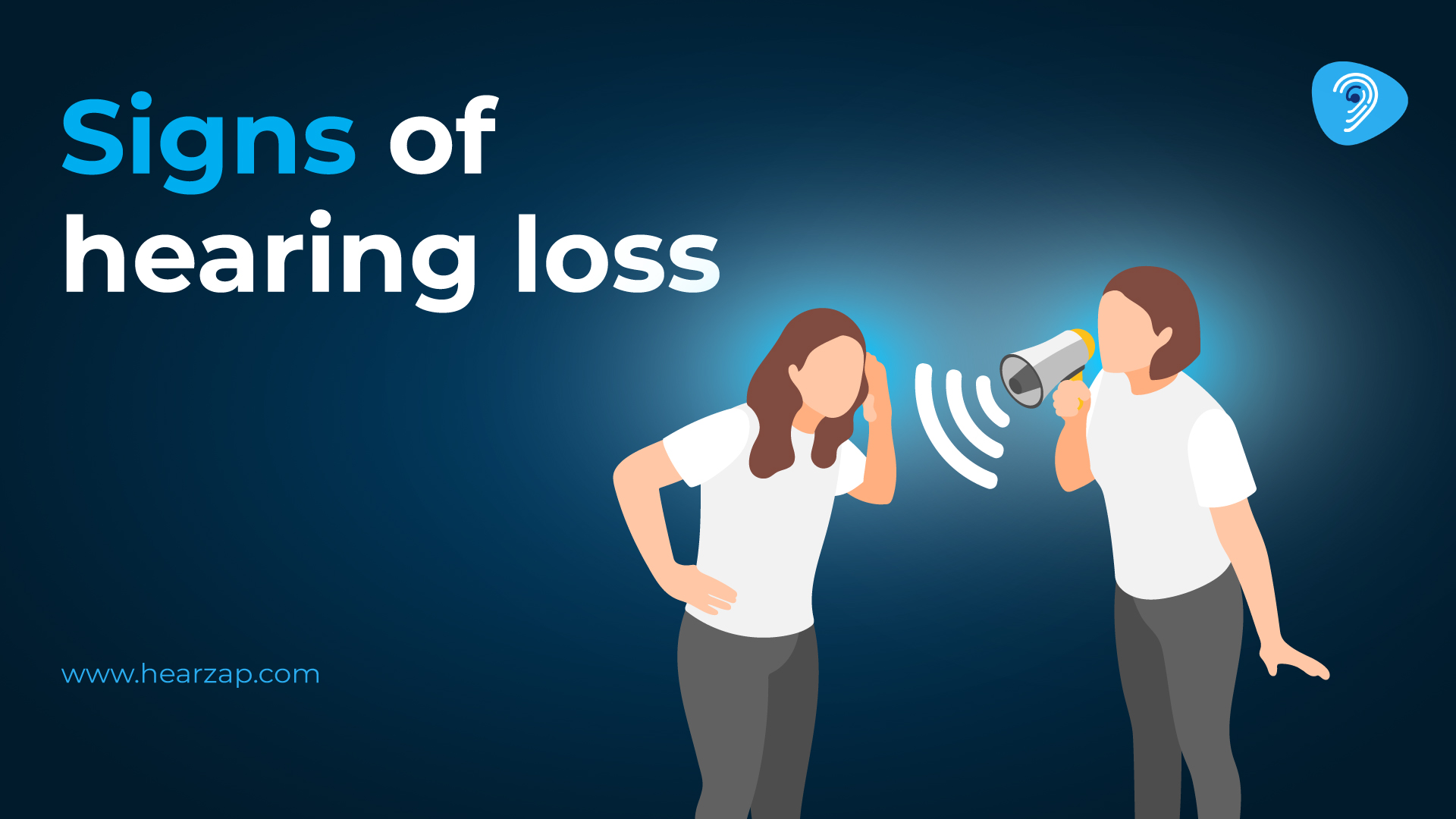
Lot of people who have trouble hearing, but many of them feel shame about it. This feeling could make someone feel bad about themselves, keep them from getting help, and keep them out of social groups. To improve the mental health and quality of life of people who have hearing loss, they should overcome these feelings. And the stigma around hearing loss should be broken.
Understanding the Social Stigma
People who have hearing loss often feel ashamed in social situations because they don’t understand or know enough about the subject. A common mistake is thinking that hearing aid users are not as smart as those who don’t use them. One more idea is that the only way to lose your hearing is to get older. Because they don’t understand, the following things happen:
- People who have trouble hearing might avoid social situations because they feel ashamed or angry.
- Issues at work because of biases make it tough to do job well.
- People who are stigmatised may feel stressed, ashamed, and low in self-esteem.
How to Stop Discrimination
- Making people smarter and more knowledgeable: Ad efforts that make people aware of the problem of hearing loss might help get rid of false ideas and stereotypes about it. We might be able to fight dangerous ideas if we show off what people who have lost their hearing have done. The goal is to get more people to know about hearing loss and its affects. This could be done through neighbourhood events, social media posts, and TV ads. People can hold the workshops in community centres, schools, and places of work.
- Getting people to talk openly and honestly: In order to promote dialogue, get people who have trouble hearing to talk freely about how they feel. People may find that others understand and are more kind when they talk about their problems. There are blogs, podcasts, and internet groups where people who have hearing loss can talk about their lives and the shame that comes with it.
- Giving people more tools to use: Making it easy for people to get hearing aids and other assistive devices would help more people get help when they need it without having to worry about the cost. Businesses, non-profits, and states can all work together to help people in need by giving them refunds, handouts, and cheap hearing aids. You can also get rid of money problems by asking for insurance to pay for your hearing health care. Letting people use hearing aids and holding meetings with closed captions could help them get ahead at work and stop being held back.
- Motivation: Learning how to speak up for yourself in different settings, like social events and the workplace, can help people with hearing loss feel more confident. People should learn how to talk to others, get changes, and handle hearing loss in different settings. One way to fight harmful assumptions and get people motivated is to show what people with hearing loss have done in the media and public places. Many other parts of life can still be very good for people who have trouble hearing. Reading about sports, artists, and other great people who overcame problems can inspire you.
- How to Get the Most Out of Technology:Better hearing aids and other listening aids could help reduce the social shame that comes with having trouble hearing by making it easier to talk to people and hiding the devices from view. Hearing aids today are made to be less bulky, less obvious, and simpler to use. Most of the time, they have functions like Bluetooth and that block out noise. To make public places more open to everyone, things like hearing loops and language services can be found and used. It is possible to add closed comments to websites, events, and classes.
- Rules and laws: Many rules and laws protect the rights of people who have hearing loss, such as laws against discrimination and money for hearing health schemes. A lot of people might work to make sure that everyone can get to schools, jobs, and public services the same way. You can also try to get laws passed that require public and private spaces to meet certain standards for accessibility. For inclusive practices, groups are asked to change their rules and policies so they can help hard of hearing people better. To meet this goal, rules that value diversity and inclusion, make tools easy to get to, and teach workers how to talk to people who have hearing loss in the right way are all things that can be done.
Conclusion
There are many things that need to be done to get rid of the social shame that comes with having hearing loss. Some of these are education, open conversations, technology, and rules that support these things. In order to give people with hearing loss a better chance in life, we need to fight these stigmas and make society more understanding and loving.







